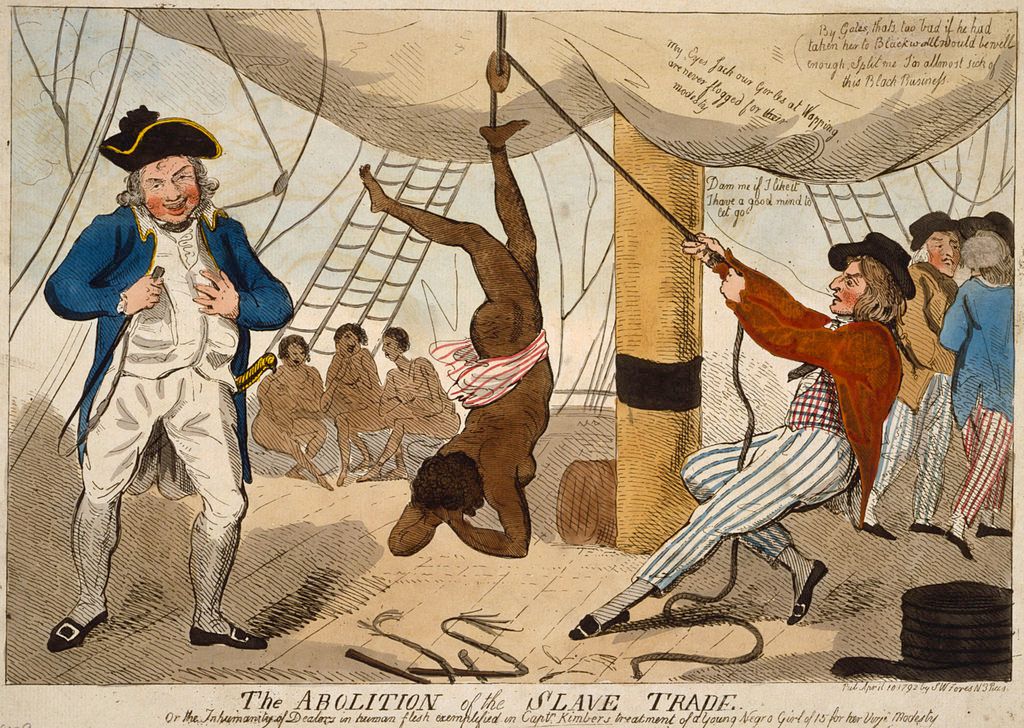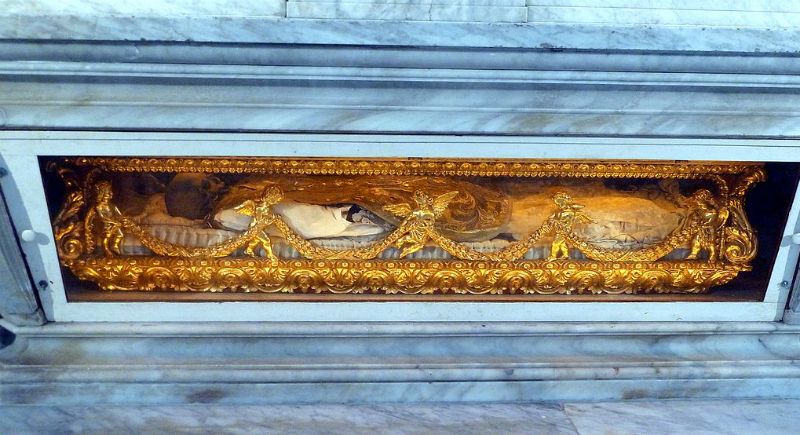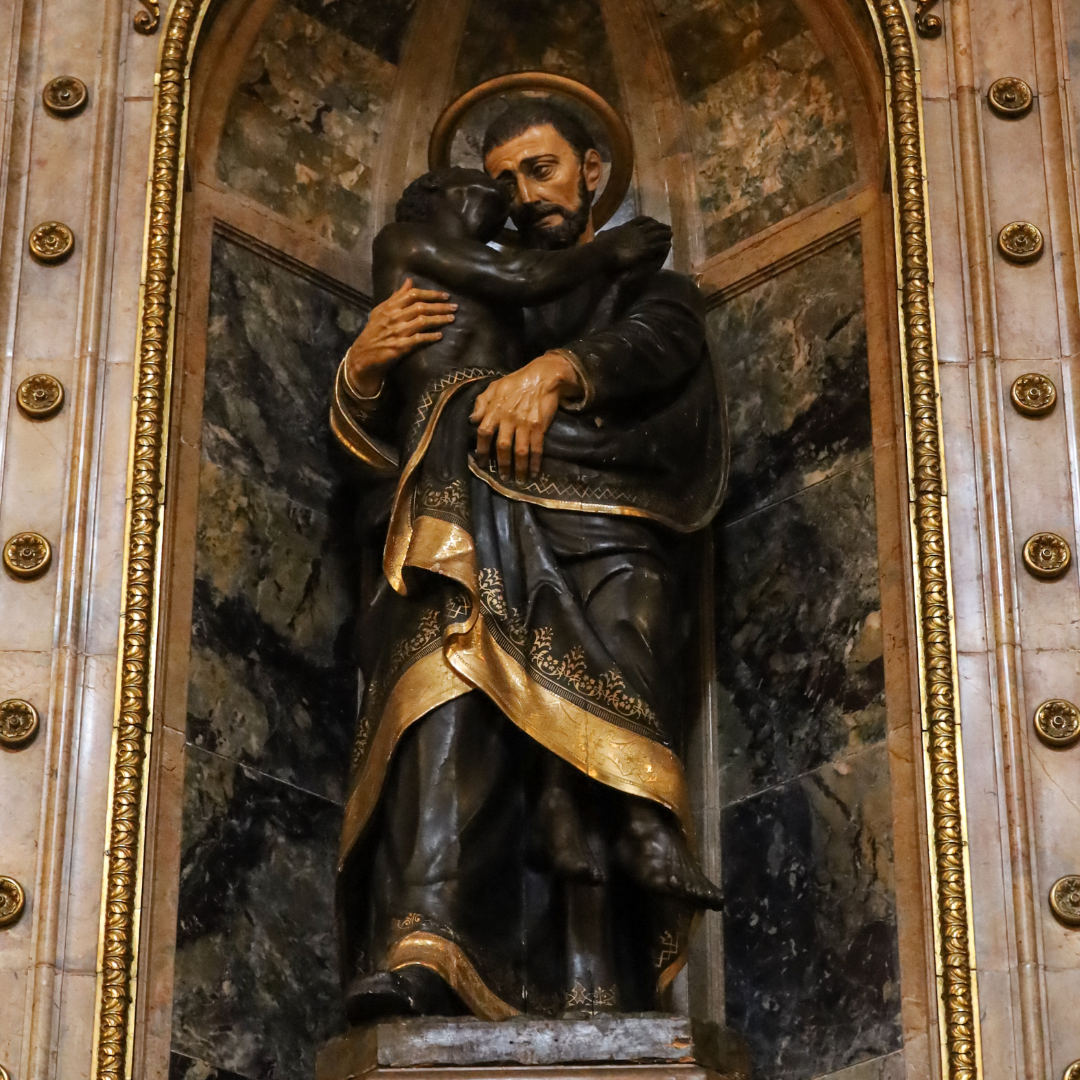On Sept. 9, the Roman Catholic Church celebrates the feast of Saint Peter Claver.
If you don’t know much about Peter, he’s nothing less than a hero; a man who had the courage to rise against an unspeakable evil of his day--the widespread and cruel use of African slaves in the New World, even when it meant ridicule, hardship, and little hope for total success.
The situation was hideously bleak: businessmen were getting rich off the injustice, the government protected it, and even some of his fellow Jesuits accepted it.
But Peter took on them all.
“Servant of the Africans Forever”
Peter was born in Spain in 1581, just 70 years after African slaves had been introduced to the New World. After finishing his university studies, he joined the relatively new Society of Jesus (Jesuits). During his formation to become a priest, he met the porter and future saint Alphonsus Rodriguez. Known for his gift of prophecy, he urged Peter to serve God in Spain’s new colonies in the Americas.
Peter took Rodriguez’s advice to heart and in 1610 arrived in Cartagena, a slave trading hub for the New World. Upwards of 10,000 slaves landed in the port town every year before being sold off and moved throughout the territory. For his first six years there, he was required to live in a Jesuit house for theological studies in preparation for being ordained a priest. However, he was deeply disturbed by how brutally the African slaves were treated.
Who would speak for them? Who would stand up to the systematic cruelty and dehumanization throughout the colonies? Though some of his fellow Jesuits simply accepted the plight of the slaves, there was at least one priest with a heart like Peter’s: Father Alonso de Sandoval.
Father Sandoval had served the slave population for 40 years before Peter arrived, learning their languages and customs, and Peter became an apprentice to his work.
When the time came at last for Peter to sign his papers for final vows to the Jesuits, he knew exactly to whom he wanted to dedicate his life: he signed his name “Peter Slaver, servant of the Africans forever.”

Solidarity with the Least of These
Peter started his ministry on the wharf: he waited for slave ships to arrive, immediately hopped on board, rushing to the slaves.
He offered compassion, whatever refreshments he could offer, and his cloak to whoever needed it most.
(A legend arose that whoever received the future saint’s cloak would be healed of any illness and have good health for the rest of his life.)
After the slaves were herded off the ship, he offered them medicine, food, and tobacco, and tried communicating with them through interpreters or signs. His ministry to the slaves and others in the town was so effective, that he baptized an estimated 300,000 people throughout his lifetime!
But his ministry didn’t stop with baptism. He kept tabs on where his new converts were sent as best he could, traveling around the country to plantations.
He forcefully advocated that the slaves be treated as humanely as possible. As a show of solidarity, he refused to stay in the homes of plantation owners, preferring instead to stay in the slaves’ quarters.
A thorn in the side of anyone who mistreated the slaves, wielding a moral force built up through years of holy living, the treatment of the slaves in his area slowly improved.
He also frequently visited hospitals and prisons, often preparing condemned criminals for death.
Upon his death at the age of 73 in 1654, there was such a large public outpouring that the city’s governing officials, who had considered Peter a terrible nuisance, were forced to hold a public funeral.
Only after his death was the incredible breadth of his ministry fully understood and appreciated.

Faithful in the Face of Evil
Slavery in the New World continued for centuries after Peter’s death. So wasn’t Peter a failure?
Peter wasn’t able to single-handedly end the terrible evils of his day, but he helped countless people nonetheless. Every act of compassion, every refreshment he offered to the slaves, every time he stood up against the cruelty around him – it all still mattered for those people and their souls, slave and slave-owner alike.
There are terrible evils in our own day (e.g. abortion), and it’s unlikely that any one of us will be able to completely eliminate them in the near future. So should we just stop trying?
No, we should follow the example of Saint Peter Claver, remaining faithful to God, doing whatever good we can, and saving as many souls as possible.

